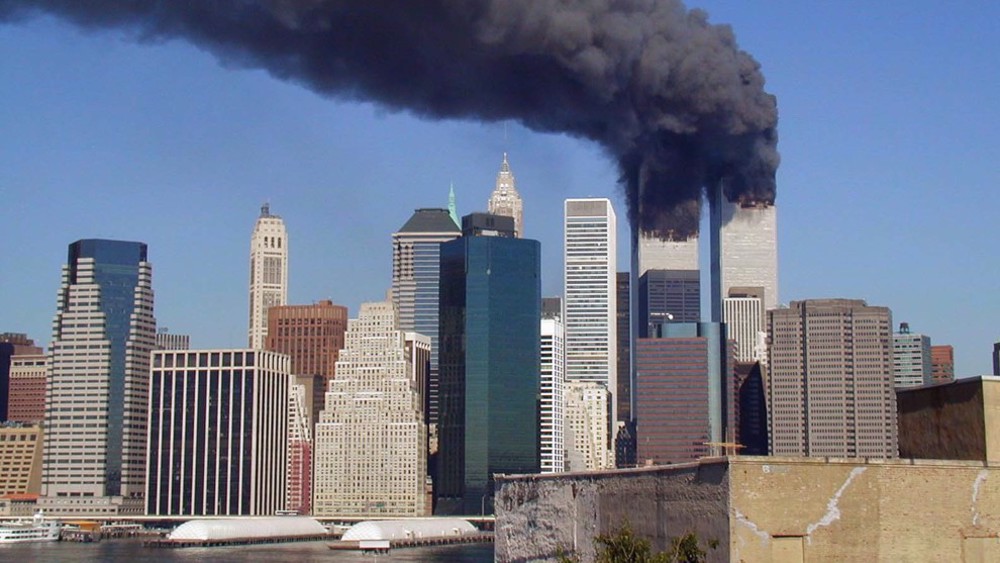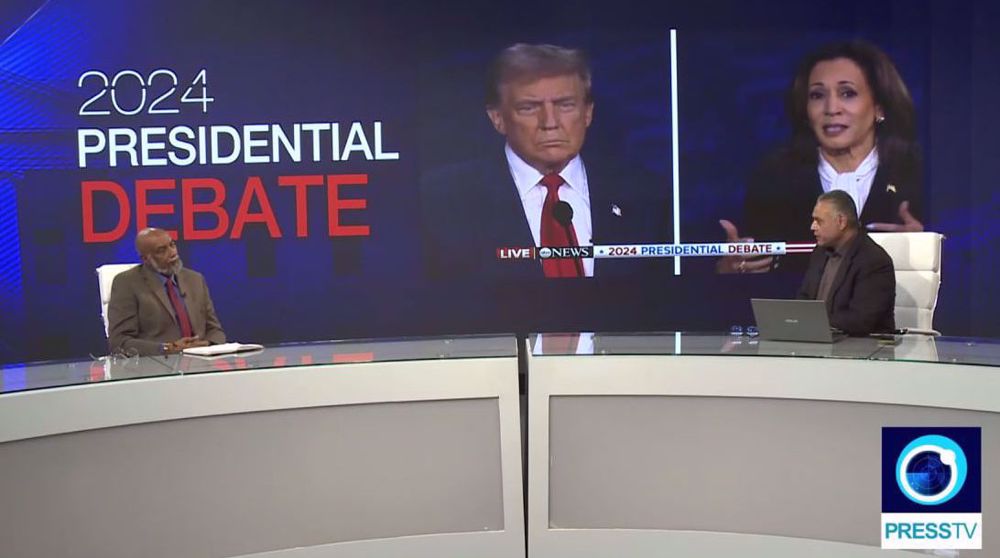US, UK claims against Russia on Syria truce deceitful: Analyst
The accusations made by the US and UK against Russia in the context of a ceasefire in Syria are “uncorroborated” and “deceitful”, an analyst says.
“They [the accusations] are politically motivated, they are an attempt to turn the world opinion against Russia and an attempt by the Americans and the British to gain the upper hand in Syria,” said Marcus Papadopoulos, publisher and editor of Politics First.
He went on to say that the Americans and the British used a recent attack on a UN aid convoy in Aleppo as “a pretext” to blame Russia for the collapse of the ceasefire, and to reinforce the position of the various terrorist groups they support in northern Syria.
The United Nations said earlier that over a dozen trucks in a 31-vehicle convoy en route to deliver humanitarian aid to the hard-to-reach town of Urum al-Kubra had been destroyed during the late hours of September 19 after they came under an “airstrike”.
Papadopoulos further stated the US was never committed to the ceasefire, adding that the end of the truce would benefit the Americans as they can maintain their presence in northern Syria.
'Lethal blow to the ceasefire'
He described a US attack on a Syrian military base in the country’s eastern province of Dayr al-Zawr as a "lethal blow" to the truce in the Arab country.
The analyst also noted that the terrorist groups used the ceasefire as “an opportunity” to regroup, rearm and to plan new attacks” against the Syrian army.
Commenting on a United Nations Security Council meeting on the Syrian conflict, Papadopoulos said there would be "no consensus" on the issue.
He also argued the US, Britain and France called this meeting for “political motives” and to continue the demonization of Russia.
The analyst concluded that if the US, Britain and their regional allies Turkey and Saudi Arabia are really committed to a political solution to the conflict in Syria they should stop arming the terrorists there.
On September 9, Russia and the United States agreed on a milestone deal on the Syrian crisis after some 13 hours of marathon talks in the Swiss city of Geneva.
The deal, which began on September 12 and was initially agreed to last seven days, called for increased humanitarian aid for those trapped inside the embattled northwestern city of Aleppo.
The Syrian army announced an end to the week-long ceasefire on September 19, blaming militants for its failure. It said militant groups "did not commit to a single element" of the truce, the second attempt this year by Russia and the US to bring an end to the Syrian crisis that started in March 2011.
US vetoing of Gaza ceasefire resolution ‘disgraceful’: Iran’s UN envoy
VIDEO | IAEA adopts anti-Iran resolution tabled by E3
VIDEO | Iran's president urges Pope to help end Israel's onslaught in Gaza
Iran's senior legal official: ICC arrest warrant for Netanyahu ‘great victory'
Nov. 21: ‘Axis of Resistance’ operations against Israeli occupation
VIDEO | Israeli forces storm West Bank’s Jenin again, target civilians
Iran activates advanced centrifuges after IAEA's 'unjust' resolution
VIDEO | Press TV's news headlines














 This makes it easy to access the Press TV website
This makes it easy to access the Press TV website